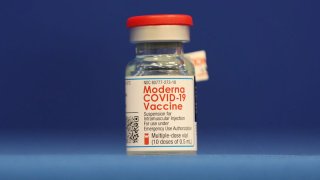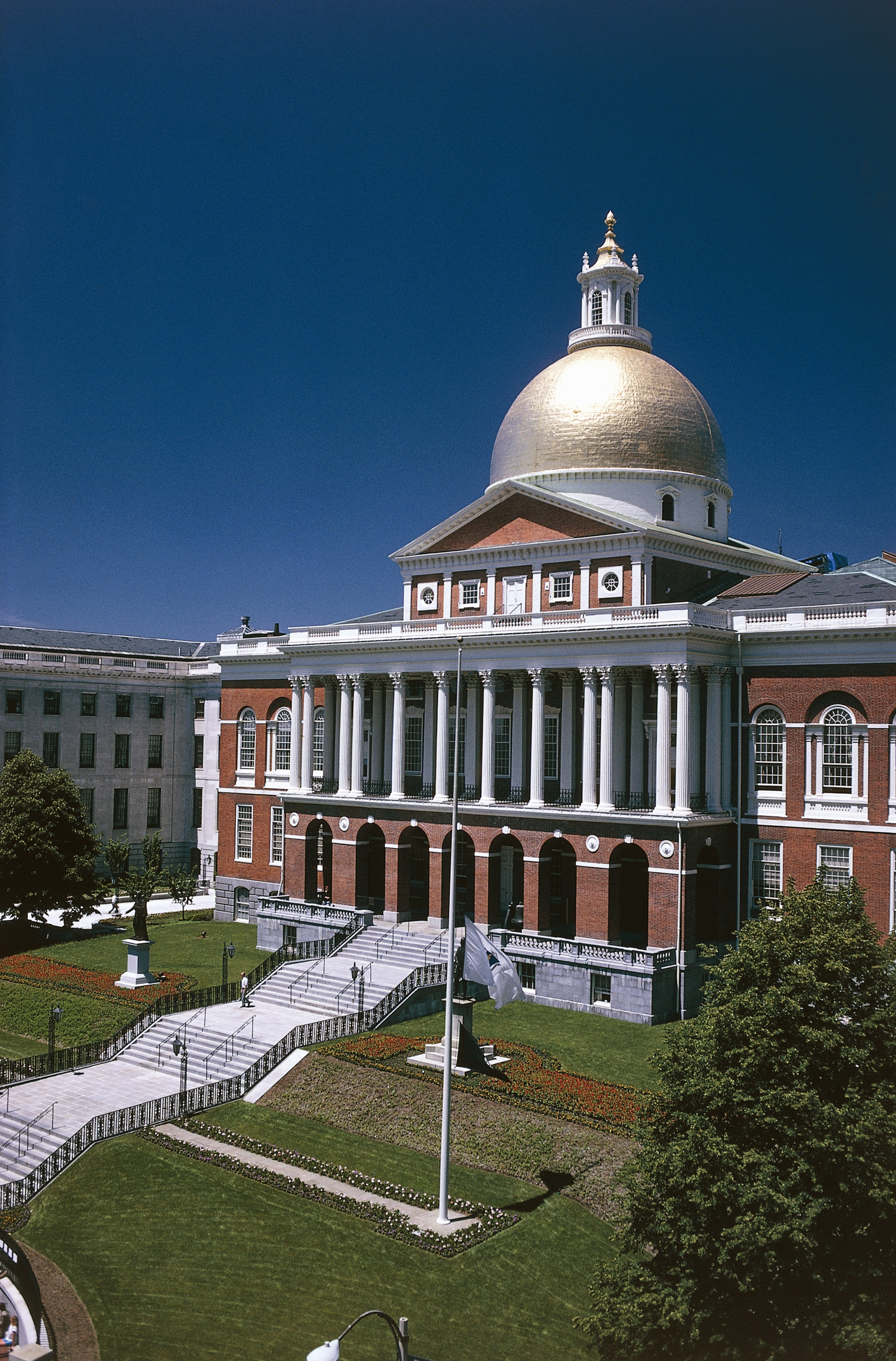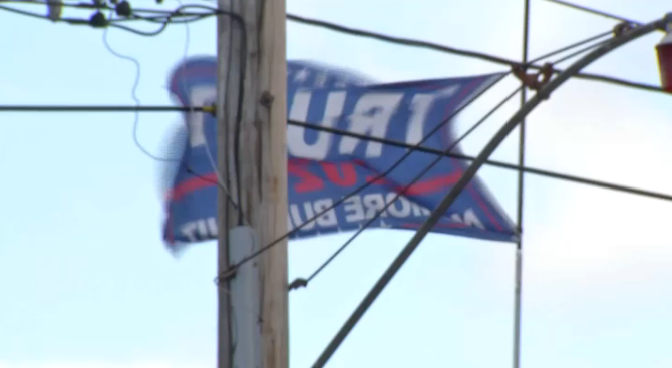
Vermont has nearly completed administering coronavirus vaccines to residents of nursing homes and long-term care facilities and front-line health workers and will start vaccinating residents aged 75 and older starting the week of Jan. 25, state officials said Friday.
“This approach is all about vaccinating those more likely to die from COVID so we can protect them as early as possible,” Republican Gov. Phil Scott said at his biweekly virus briefing while acknowledging that many people are anxious to know when they can vaccinated.
That age group is comprised of about 49,000 Vermonters and it’s expected to take about six weeks to complete the vaccinations. That group will be followed by residents 70 and older. The state expects to start vaccinating those aged 65 and older by the end of March or beginning of April, Human Services Secretary Mike Smith said. After that people aged 18-65 with medical conditions that put them at risk for severe illness from COVID-19 will be eligible for shots. The conditions are current cancer, chronic kidney conditions, chronic obstructive pulmonary disease or a variety of heart conditions, said Health Commissioner Dr. Mark Levine.
State officials said it’s critical that Vermonters know that the state gets a limited supply of doses each week.
“As long as the supply is steady, which currently about 8,800 doses each week, we will have vulnerable Vermonters vaccinated by the end of the winter. And if the supply of doses increases we’ll get to them faster,” Smith said.
Starting Jan. 25, Vermonters age 75 and older will be able to register for the vaccine online or by calling, he said. The state will share the website and phone number closer to that date and Vermonters should not call their health care providers or hospitals to get appointments, Smith said. Vaccination clinics will begin on Jan. 27.
More New England coverage
“We are going to need children, grandchildren or other relatives to help their older loved ones use the online tool as much as possible to keep our call centers from being overwhelmed,” Smith said.
It’s important that people keep appointments once they make them because cancellations and no-shows would result in spoiled doses, he said. People will be expected to make their appointment for their second dose when and where they get their first one.
Local emergency crews and home health agencies will work together to provide vaccines to people who are homebound, Smith said.
The plan is to have all assisted living and residential care facilities getting their first dose by the end of the month, he said. Next week, the state will give hospitals permission to administer vaccines available in their inventory and not needed for the first phase to patients 75 and older who are hospitalized, Smith said.
As the vaccinations continue, Scott on Friday extended the state of emergency for another month to keep measures to limit the spread of the coronavirus.
“As we begin to vaccinate more Vermonters it’s my hope we’ll soon get to a place where we can begin lifting restrictions once again and then the point where we no longer the state of emergency at all,” the governor said. “But until then we need everyone to continue working with us, follow the guidance, protect the most vulnerable, save lives and protect our health care system from being overwhelmed.”



